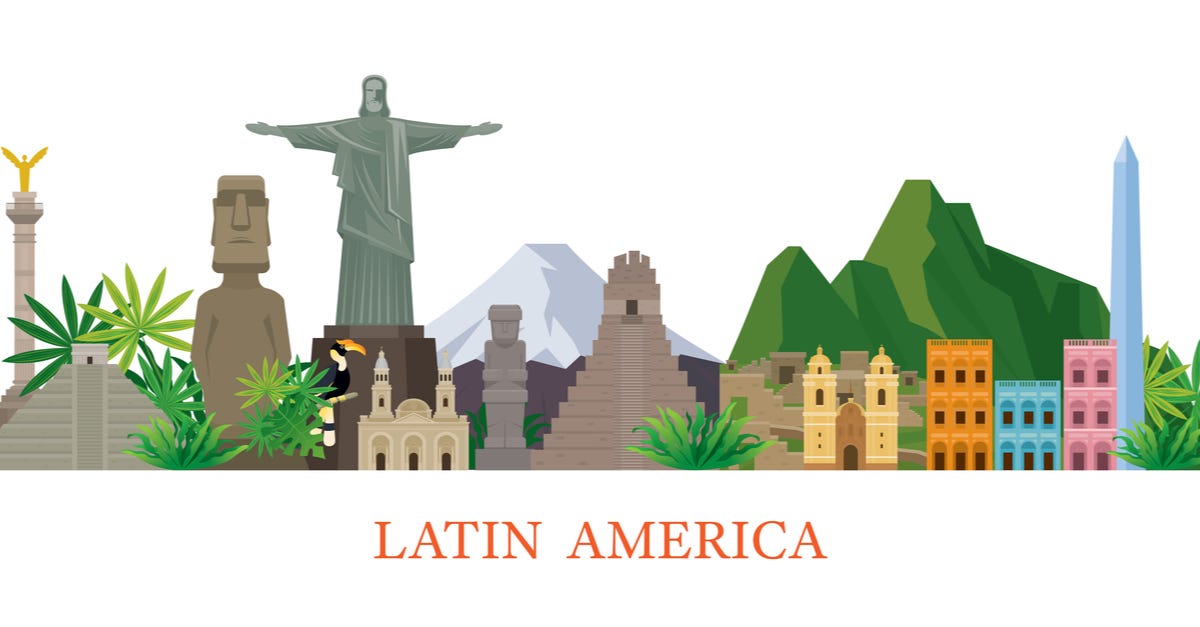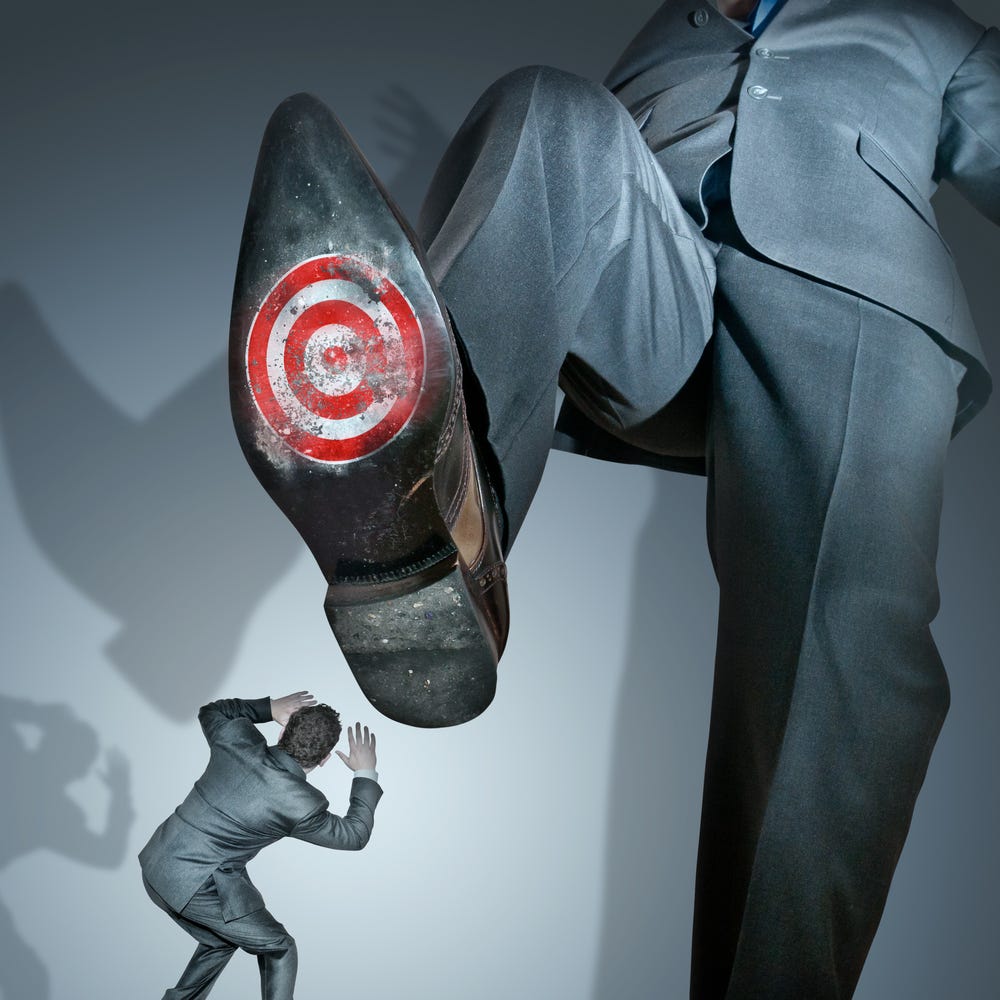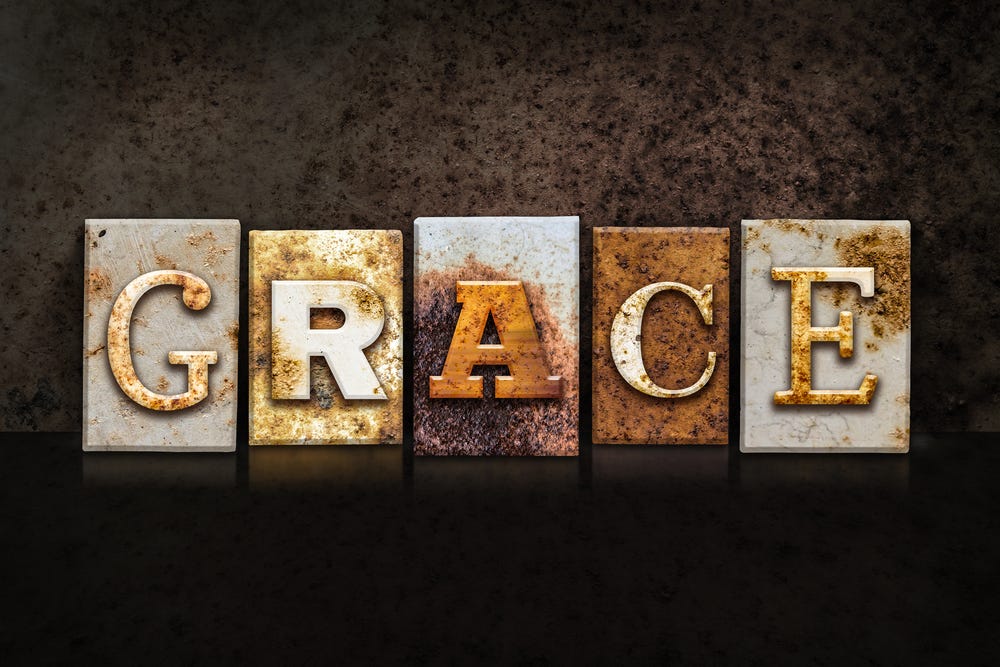E-Pluribus | December 29, 2021
Populism's potentially slippery slope to tyranny, classical liberalism's clear-eyed view of business, and looking for grace in an era of cancel culture.
A round up of the latest and best writing and musings on the rise of illiberalism in the public discourse:
Mary Anastasia O’Grady: When Populism Turns to Tyranny
As America has its own debates over populism in the age of Trump, Latin America is suffering from the darker side of the trend. Mary Anastasia O’Grady writes at the Wall Street Journal that investing too much faith and power in an individual leader to “get things done” doesn’t always get the things done that the people want done and other things get done that should never be gotten done.
Latin America suffers from too much government. Taxation, regulation, weak property rights and corruption conspire against entrepreneurship and self-discovery. Yet in the 1980s most of the region returned to democracy, giving the struggle for liberty a fighting chance. That chance is slipping away. In the past two decades, the institutions necessary to ensure political and ideological competition have been destroyed in several countries.
Freedom dies when this happens, as it did in Cuba in 1959, Venezuela around the turn of the century, and Bolivia and Nicaragua in the 2000s. Reviving it isn’t easy because citizens clamoring for their rights are no match for a state that uses its monopoly power to impose terror.
[…]
The region as a whole is less free than it was a decade ago, the Washington-based Cato Institute and the Vancouver-based Fraser Institute find in their seventh annual Human Freedom Index, released this month. The survey—using 2019 data, which is the latest year available—of 165 jurisdictions measures economic freedom as well as indicators of personal liberty. These include the rule of law, security and safety, religious liberty, and the rights to assembly, expression, movement and personal relationships. The goal is to provide a snapshot of the status of fundamental human rights and self-determination in each country.
It’s no coincidence that countries that have political arrangements—like the separation of powers, transparency and electoral integrity—protected by the independent pillars of self-government are the freest. In Latin America those are Chile, Costa Rica and Uruguay. But freedom isn’t destiny.
Read it all.
Iain Murray: Classical Liberals Aren’t Naive About Big Business
The progressive tendency to demonize big business and capitalism sometimes brings knee-jerk support of the same from conservatives. But simply being conservative does not mean the corporate world must be viewed through rose-colored glasses as Iain Murray writes at The Dispatch.
Conservatives are increasingly likely to say that large companies need to be constrained by law, such as antitrust, to prevent them from threatening American values. Classical liberals disagree, which sometimes leads to accusations of naivety from our conservative friends. I respectfully dissent; classical liberals have always been wary of big business.
We can trace that skepticism all the way back to Adam Smith, who famously noted that, “People of the same trade seldom meet together, even for merriment and diversion, but the conversation ends in a conspiracy against the public, or in some contrivance to raise prices.” While this is often used to suggest that Smith would have endorsed economic regulation, the opposite is true. The rest of the passage notes that such conspiracies are normal reactions to regulatory restraints. We place burdens on businesses, so they raise prices, hurting consumers. Jen Psaki and Elizabeth Warren, take note.
[…]
Nor do classical liberals naively think that all businesses are champions of freedom or doing God’s work. Again, Adam Smith is our guide. He noted that, “It is not from the benevolence of the butcher, the brewer, or the baker, that we expect our dinner, but from their regard to their own interest. We address ourselves, not to their humanity but to their self-love, and never talk to them of our own necessities but of their advantages.”
In other words, businesses are selfish, perhaps even greedy. However, the market turns those sins to virtuous results. We do get our dinner because of them, and market discipline prevents the sins from being too much of a problem. When regulation gets in the way, market discipline breaks down. For instance, that discipline gives us good customer service, but in a jurisdiction where tips are banned, the incentive for better service goes away.
Read it all here.
Michael Eric Dyson: Where Is the Forgiveness and Grace in Cancel Culture?
In the wake of the death of Desmond Tutu, professor and Baptist minister Michael Eric Dyson writes at the New York Times of grace and forgiveness shown under horrific circumstances such a mass shooting or police killing. However, Dyson also looks at the need for those values in less dramatic circumstances such as cancel culture, and says that both the left and right are guilty.
Restorative justice might seem quaint, hokey or downright irrelevant to many Americans, including most social justice advocates. Many Black Lives Matter activists rightly think that true justice must include the full measure of punishment for those who deserve it — for instance, cops who kill unarmed Black people without justification.
[…]
In our culture, reconciliation is often impossible because one side is hellbent on proving that it is right and the other side wrong. Archbishop Tutu’s vibrant sense of restorative justice might help Americans grapple with two problems in society today: the soul-destroying focus on punishing others, including the overincarceration of people of color, and the temptation to wipe out enemies through the means of cancel culture. Cancel culture fails to acknowledge nuance and complexity and nullifies the notion of a spectrum of ills, caught instead in rigid binaries and vicious absolutes.
Fortunately, there is growing disgust about such absolutist, reactionary measures committed by both the left and the right. The desire to right racial wrongs should be loudly applauded. The failure to make distinctions between degrees of racial offense should be roundly criticized.
Advocates of restorative justice are suspicious of the self-righteousness that can fuel cancel culture. They want to encourage the forgiveness that is a redemptive route to moral restoration. Forgiveness is not a weak ethical response to grave dangers. It is a calculated effort to ward off moral harm by anticipating the destructive impact of unforgiving attitudes, behaviors and actions.
Read the whole thing.
Around Twitter
Noam Blum posits that cancel culture can at times be driven by opportunistic revenge:
No one expects (democracy in) the Spanish Inquisition!
Via Bari Weiss… click through for the details, because with all the year-in-review nonsense at this time of year, it’s a worthy entry:
And finally, decolonize… math?









